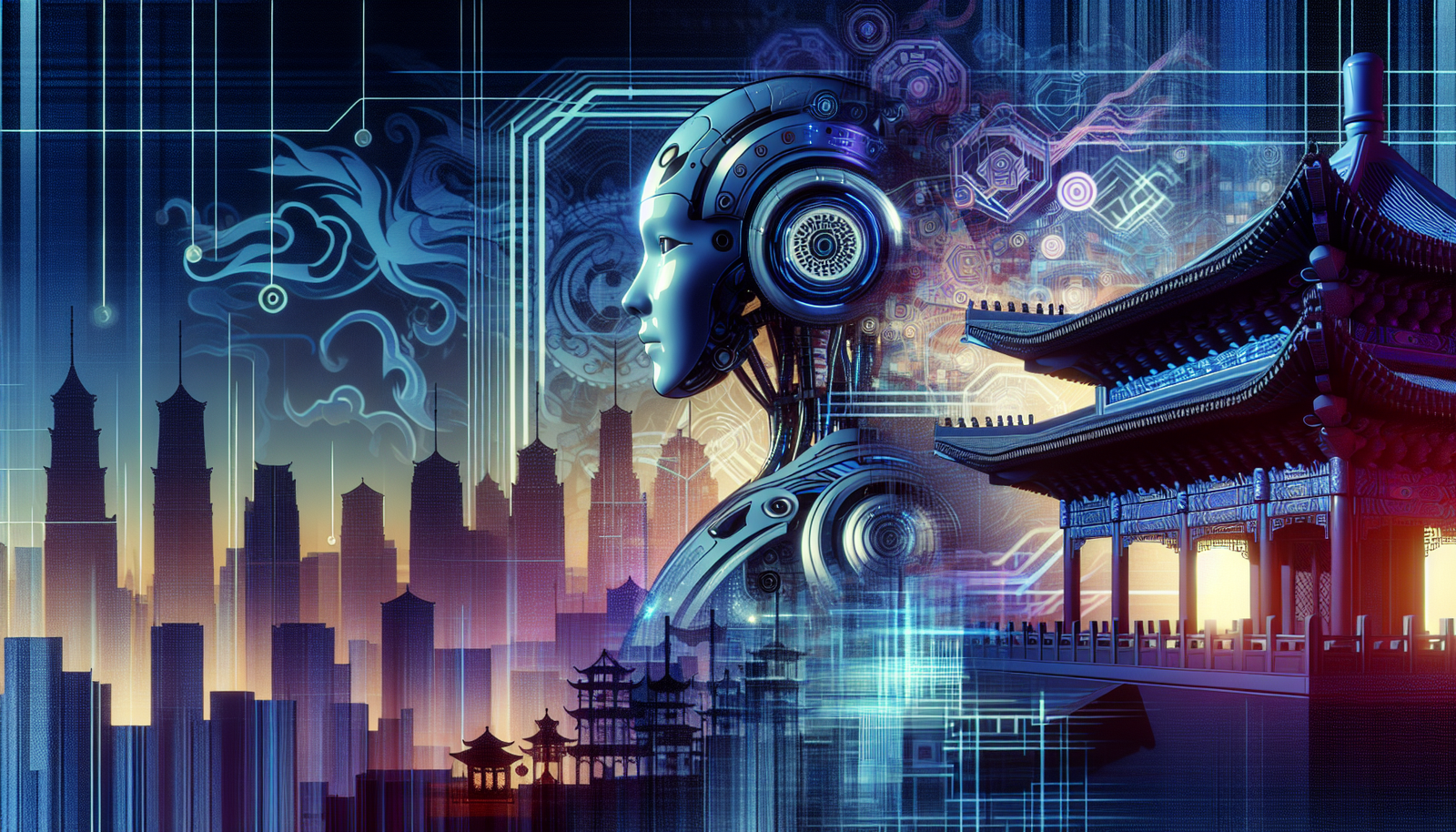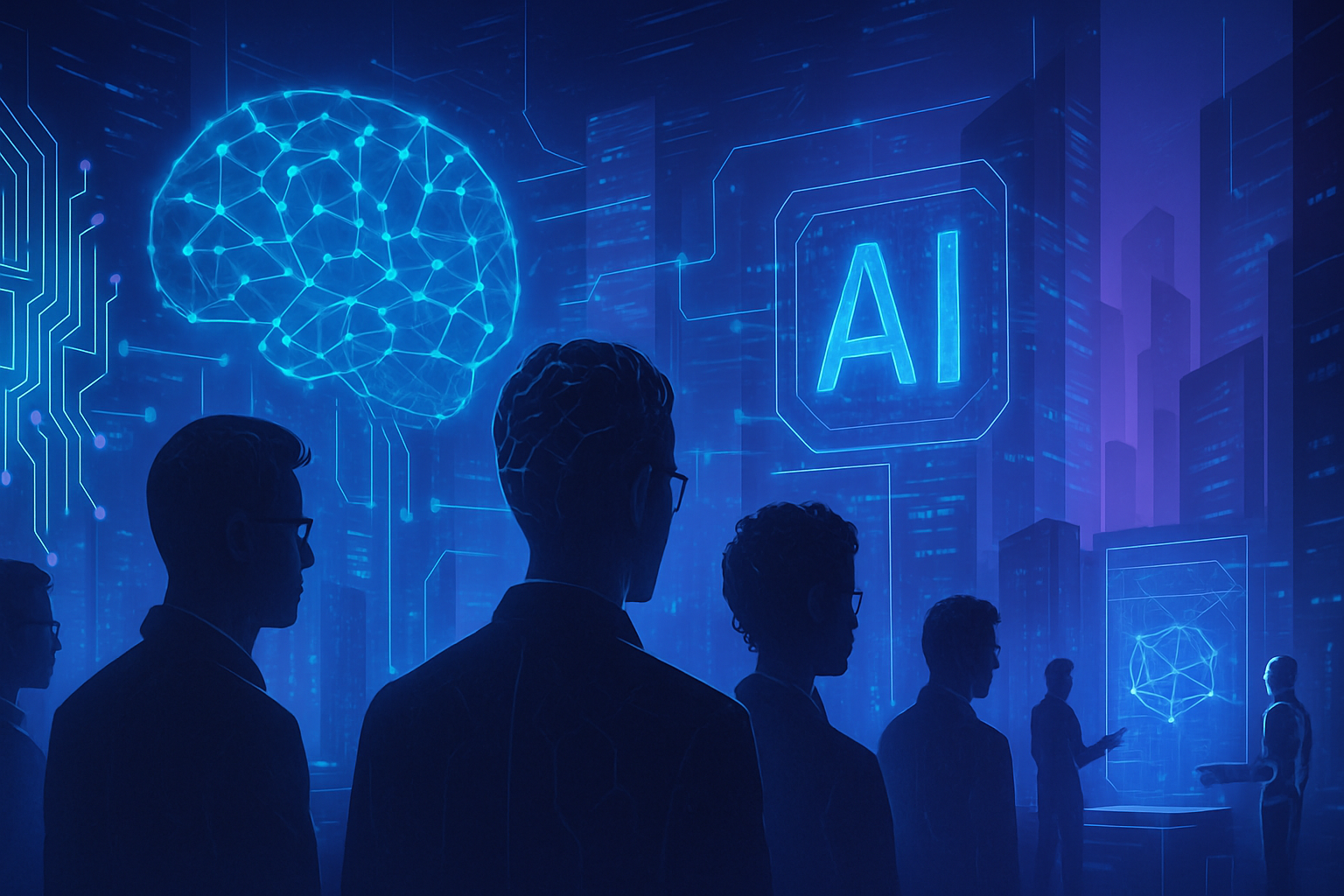The emergence of Manus AI signals a decisive turning point in the realm of artificial intelligence. This new autonomous agent, designed by the start-up Monica, embodies China’s ambition to challenge the technological supremacy of the United States. Manus AI, with its complex execution capabilities, redefines the standards of technological autonomy by pushing the limits previously imposed by tech giants. An unprecedented revolution is looming, potentially marking the beginning of a new era in the sector.
The launch of Manus AI
The start-up Monica unveiled Manus AI, a truly autonomous artificial intelligence agent. This launch took place on March 6th, initially by invitation only, thus heightening curiosity around this significant innovation. Manus’s ability to operate without human intervention clearly distinguishes it from traditional artificial intelligence systems, which often require external control.
Technical features and performance
Manus AI positions itself as a multi-tasking agent. According to early user feedback, it would surpass many major players in the field, such as ChatGPT. Its performance through rigorous testing has been deemed impressive, noting unprecedented execution speed and autonomy in the technological domain.
The handling of complex tasks without human supervision represents a turning point for artificial intelligence. Manus is capable of making real-time decisions, allowing it to be highly adaptable. This flexibility generates strong interest in the technology sector, where innovation is essential to maintain competitiveness.
Impact on the global technology landscape
The launch of Manus AI sends a strong message about China’s intent to compete with American tech giants. This product could redefine the standards of a market largely dominated by companies based in the United States. Research in artificial intelligence in China has intensified, aiming to expand its technological influence on a global scale.
Monica, the company behind Manus, is part of the Butterfly Effect group, which aims to compete with players like Alphabet and Microsoft. The dynamics of this market are evolving, redefining the rules of the game in relation to American solutions.
Reactions and future perspectives
Experts in artificial intelligence express varied opinions on Manus. Some praise its disruptive potential, while others criticize the excessive enthusiasm surrounding its capabilities. Competition between China and the United States could intensify as products like Manus enter the market.
Advancements in this sector are not limited to Manus. Innovations such as a laser-based artificial neuron and optical touch sensors demonstrate that other research avenues are being explored simultaneously.
Development perspectives
Currently, Manus AI may well herald the beginning of an era where autonomous artificial intelligence plays a central role in various sectors. Manus’s ability to perform complex functions can transform businesses and their operations, increasing efficiency while reducing costs.
Researchers continue to explore new training techniques, such as the approach presented by Autoscience Carl, raising even more questions about the future of neural networks.
The rise of Manus AI underscores the need for companies to quickly adapt to technological advancements or risk losing their market position.
FAQ: Manus AI, the autonomous Chinese agent challenging American tech giants
What is Manus AI and what are its main features?
Manus AI is an autonomous artificial intelligence agent developed by the Chinese start-up Monica. Its main features include high autonomy, the ability to perform complex tasks without human intervention, and impressive performance compared to existing AI agents.
How does Manus AI differ from other artificial intelligences available on the market?
Manus AI stands out for its unprecedented level of autonomy, allowing it to perform various tasks without human supervision, unlike most AI systems that require oversight or specific instructions.
What types of tasks is Manus AI capable of executing?
Manus AI is designed to handle a wide range of tasks, including data analysis, decision-making, and project management, making its use relevant in many industrial and commercial sectors.
Does China have specific ambitions regarding the use of Manus AI on the international stage?
Yes, by launching Manus AI, China seeks to bolster its position in the field of artificial intelligence and compete with American tech giants, demonstrating its lead in the research and development of autonomous technologies.
What are the advantages of adopting Manus AI for businesses?
Companies that adopt Manus AI can benefit from increased automation, reduced operational costs, and improved efficiency thanks to the AI’s ability to perform complex tasks without human intervention.
Are there ethical concerns related to the use of Manus AI?
Yes, there are ethical concerns, particularly regarding transparency, accountability for decisions made by the AI, and potential impacts on employment. These issues raise questions about AI governance.
Can Manus AI compete with AI technologies such as ChatGPT?
Manus AI positions itself as an alternative with distinct capabilities, particularly greater autonomy, although it does not necessarily aim to replace language models like ChatGPT, which primarily focus on conversation.
When and how was Manus AI launched?
Manus AI was launched on March 6th, initially with limited access by invitation, marking an important milestone for AI technology in China.
What are the global implications of the emergence of Manus AI?
The emergence of Manus AI could redefine global technological competitiveness, increasing pressure on American companies and urging other nations to intensify their research and development efforts in the field of AI.






